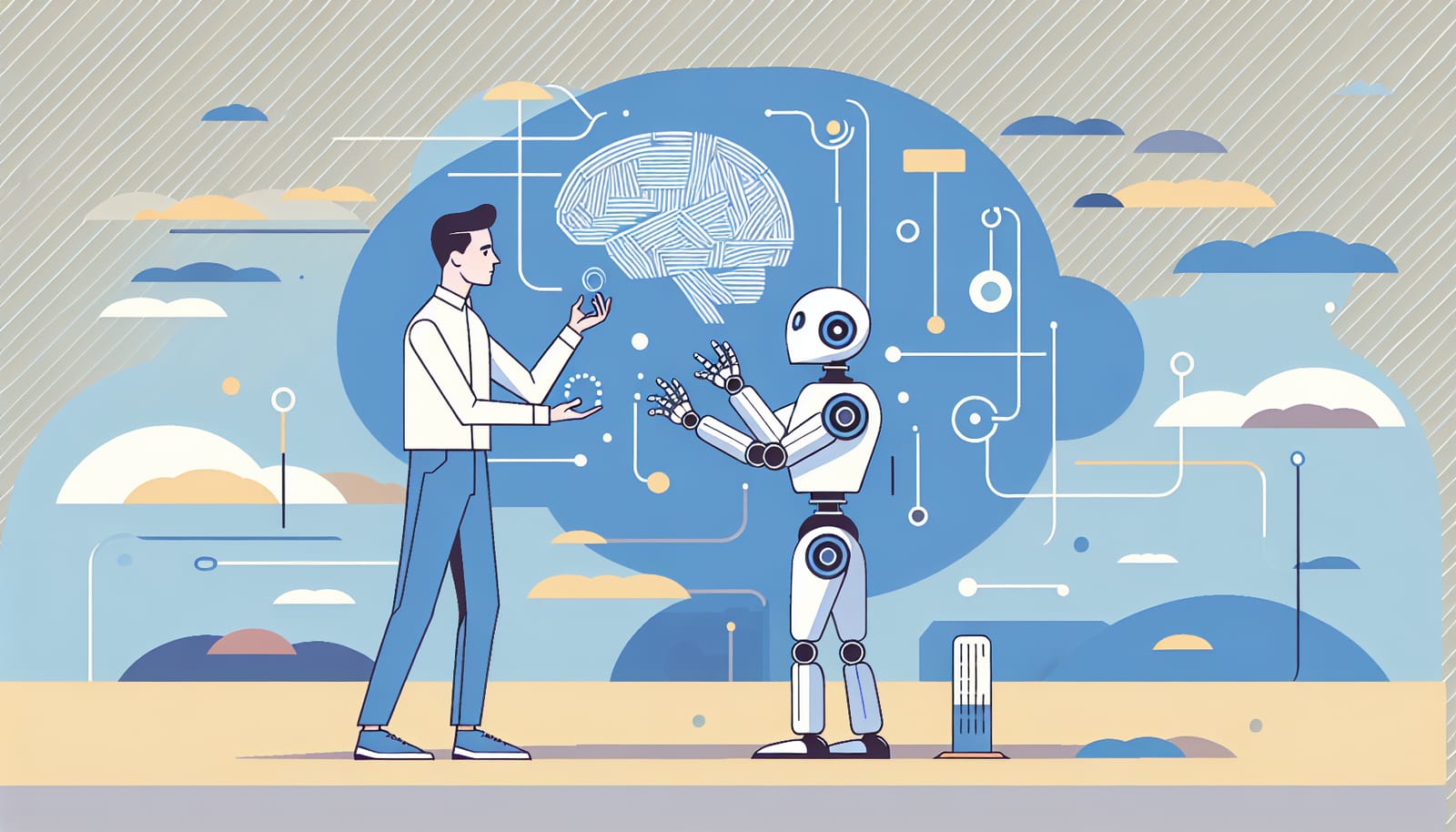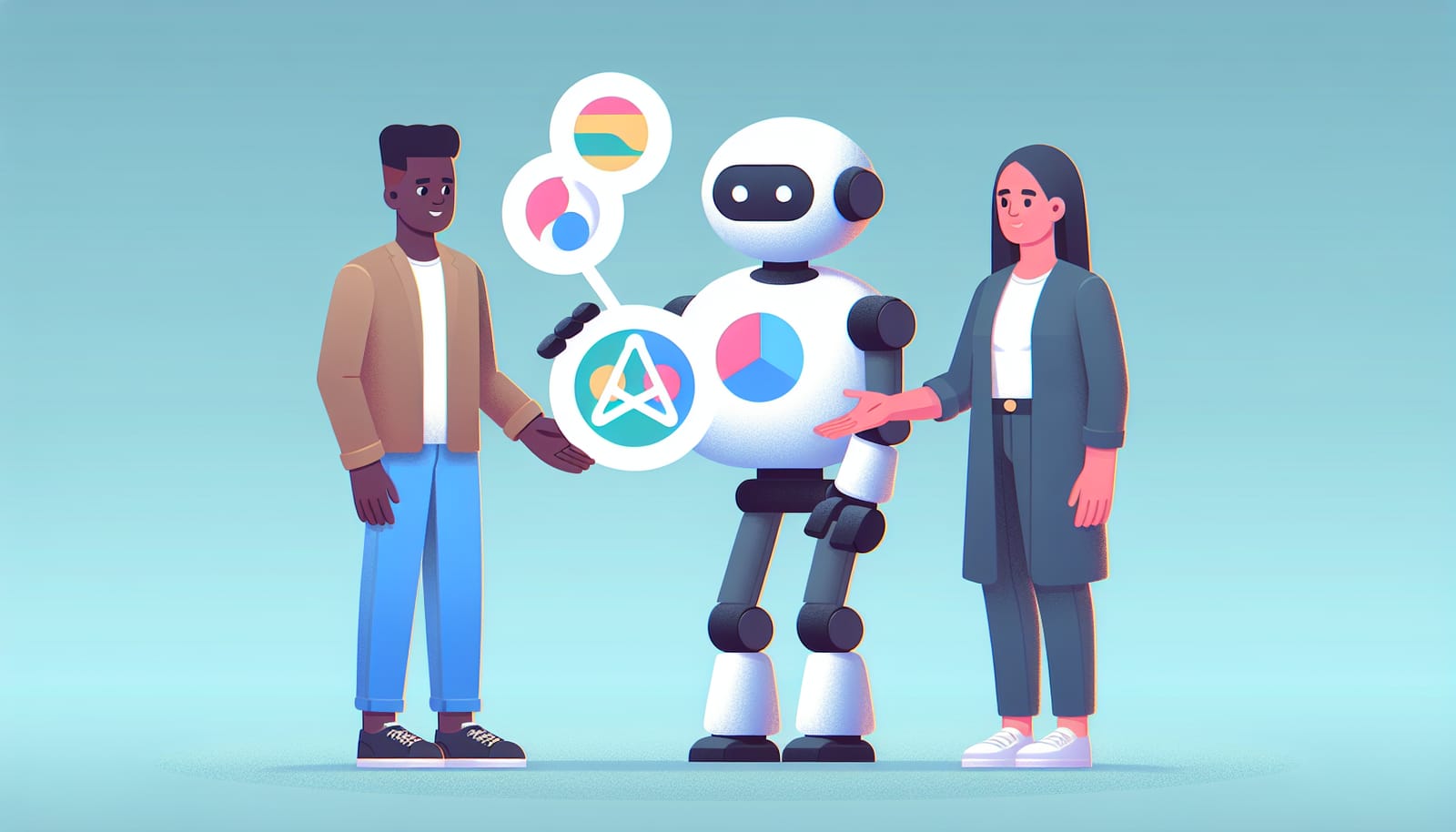In today's fast-paced, tech-savvy world, it often feels like our smart devices are becoming increasingly intelligent. From smartphones that can understand our voice commands to smart speakers that can play our favorite songs on cue, it may seem like these gadgets are outsmarting us. But here's the good news: despite their impressive capabilities, you are still smarter than your smart devices! Let’s explore why that is, and uncover the fascinating world of artificial intelligence (AI) along the way.
Understanding Artificial Intelligence
Before we dive deeper, let’s clarify what artificial intelligence actually is. AI refers to the ability of machines to perform tasks that typically require human intelligence. This includes things like understanding natural language, recognizing patterns, and even learning from experience. However, despite their name, smart devices aren't truly "intelligent" in the way humans are. They are simply programmed to perform specific tasks and make decisions based on algorithms and large sets of data.
For instance, when you ask your smart assistant to play a song, it doesn’t understand music the way you do. Instead, it processes your command and matches it against its database to find a suitable response. This is a crucial distinction: while AI can mimic certain aspects of human thought, it lacks true understanding and consciousness.
The Limits of Smart Devices
Smart devices may excel at processing information quickly and performing repetitive tasks, but they have significant limitations. One major limitation is their inability to understand context and emotions. For example, if you ask a smart assistant to tell a joke, it will fetch a pre-programmed line, but it won't be able to gauge whether the joke is appropriate for the moment or how you might feel about it.
Humans, on the other hand, can navigate complex social situations, read body language, and understand nuanced emotions. This emotional intelligence allows us to connect with others in ways that devices simply cannot.
Critical Thinking vs. Data Processing
Another area where humans shine is critical thinking. While smart devices can analyze data and provide answers based on pre-existing information, they lack the ability to think critically and solve problems creatively. For instance, if you encounter a challenge at work or school, you can brainstorm ideas, weigh options, and come up with innovative solutions. Your smart device, however, would simply provide the information it has access to without considering the unique context of your situation.
This difference highlights the human capacity for creativity and reasoning. While AI can enhance our decision-making by providing information, it can't replace the unique insights that come from human experience and intuition.
Learning and Adaptability
Humans are natural learners. We absorb new information, adapt to changing circumstances, and build on our experiences. Smart devices, on the other hand, rely on programmed algorithms and machine learning models, which require vast amounts of data to learn from. While they can improve their performance over time through exposure to new data, they do so in a controlled and limited way.
For example, your smart thermostat can learn your heating preferences and adjust accordingly. But it won't be able to learn new preferences or adapt to changes in your lifestyle without additional programming. You, however, can learn to adjust your habits based on your experiences, a level of adaptability that smart devices simply can't replicate.
The Human Touch
Perhaps one of the most significant differences between humans and smart devices is the "human touch." In areas such as healthcare, education, and personal relationships, empathy and understanding are crucial for success. A doctor may use AI to analyze medical data, but it is their compassion and ability to connect with patients that make them effective caregivers.
Smart devices can assist us in many ways, but they lack the warm, nurturing qualities that define human relationships. You can comfort a friend who is feeling down, provide support during tough times, or share in someone’s joy—all things that AI cannot do.
The Future of AI and Humans
As technology continues to advance, the capabilities of smart devices will undoubtedly improve. AI will become more sophisticated, and its applications will expand into various fields, from autonomous vehicles to advanced medical diagnostics. However, it’s essential to remember that these devices are tools designed to assist us, not replace us.
The future will likely see a collaborative relationship between humans and AI, where we leverage the strengths of each. Smart devices can help us analyze data more efficiently, automate routine tasks, and provide insights that enhance our decision-making. But ultimately, it is our creativity, emotional intelligence, and critical thinking that will guide us toward a brighter future.
Embracing Our Unique Abilities
As we navigate the landscape of smart technology, it’s crucial to celebrate our unique human abilities. Our capacity for empathy, critical thinking, creativity, and adaptability sets us apart from our devices and ensures that we remain at the forefront of innovation.
While smart devices can help us perform specific tasks efficiently, they are ultimately extensions of our capabilities—not replacements. By embracing our strengths and working alongside AI, we can unlock new potential and create a future where humans and technology thrive together.
In conclusion, while smart devices may seem impressive, they are not a substitute for human intelligence. Our ability to think critically, understand emotions, adapt to new circumstances, and foster meaningful relationships is what truly makes us smarter than our smart devices.
As we move forward into an increasingly automated world, let’s remember the value of our unique human qualities. By harnessing the capabilities of AI while embracing our creativity and emotional intelligence, we can look forward to a future filled with innovation, connection, and growth.
So the next time you interact with your smart device, take a moment to appreciate the incredible potential within you—because at the end of the day, you are the one in control!


